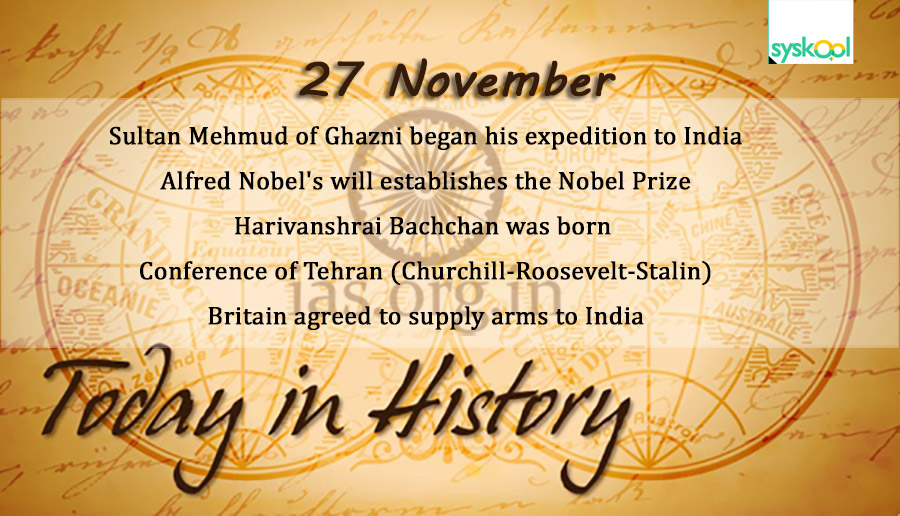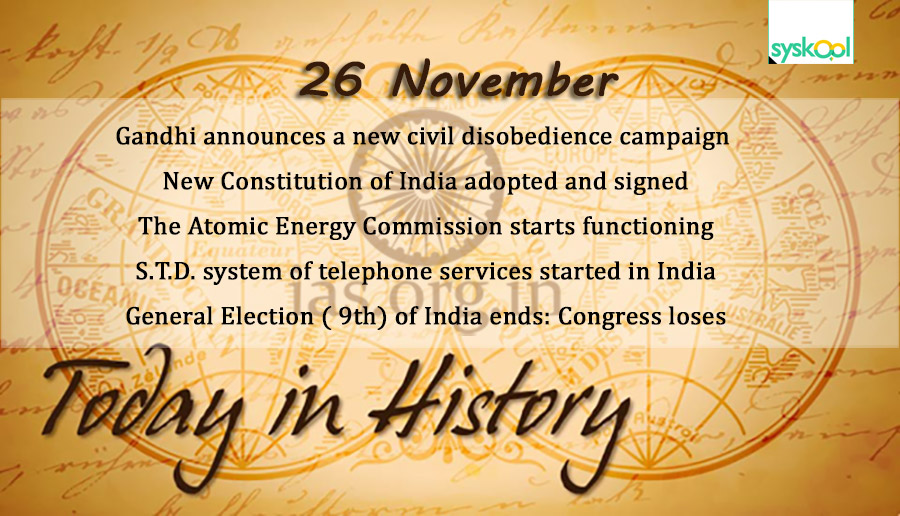Table of Contents
- Introduction
- What Are Superconducting Qubits?
- Physical Principles of Superconductivity
- Josephson Junctions and Their Role
- Types of Superconducting Qubits
- Charge Qubits
- Flux Qubits
- Phase Qubits
- Transmon Qubits
- Xmon and gmon Variants
- Energy Level Structure
- Superconducting Qubit Hamiltonian
- Qubit Initialization
- Qubit Control with Microwave Pulses
- Quantum Gate Implementation
- Coherence and Decoherence in Superconducting Systems
- T1 and T2 Times
- Error Sources and Mitigation
- Qubit Readout Mechanisms
- Dispersive Readout and Resonators
- Cryogenic Environment Requirements
- Scaling and Fabrication Techniques
- Advantages of Superconducting Qubits
- Challenges and Limitations
- Conclusion
1. Introduction
Superconducting qubits are the most widely used qubit implementation in quantum computing today. They are engineered using superconducting circuits cooled to ultra-low temperatures and controlled by microwave pulses, enabling the manipulation of quantum states on solid-state platforms.
2. What Are Superconducting Qubits?
Superconducting qubits are artificial atoms made from superconducting circuits. These systems exhibit discrete energy levels, and two of these levels are used to represent a quantum bit:
\[
|0\rangle \quad \text{and} \quad |1\rangle
\]
3. Physical Principles of Superconductivity
Superconductors conduct electricity without resistance below a critical temperature. Key properties:
- Zero resistance
- Flux quantization
- Macroscopic quantum coherence
4. Josephson Junctions and Their Role
A Josephson junction is a thin insulating barrier between two superconductors. It enables quantum tunneling of Cooper pairs and is essential for creating non-linear elements in qubits.
Josephson relations:
\[
I = I_c \sin(\phi), \quad V = \frac{\hbar}{2e} \frac{d\phi}{dt}
\]
5. Types of Superconducting Qubits
The main categories include:
- Charge qubits
- Flux qubits
- Phase qubits
- Transmon qubits (widely used today)
6. Charge Qubits
These encode qubit states in the number of Cooper pairs on a superconducting island.
Challenges:
- Highly sensitive to charge noise
- Short coherence times
7. Flux Qubits
Encode information in the direction of persistent current in a superconducting loop.
Pros:
- Less charge sensitive
Cons:
- Magnetic flux control is difficult
8. Phase Qubits
Use the phase difference across a Josephson junction as the quantum variable.
Less common now due to better alternatives like transmons.
9. Transmon Qubits
Improved version of charge qubits with large shunting capacitance.
Hamiltonian:
\[
H = 4E_C (n – n_g)^2 – E_J \cos(\phi)
\]
Where:
- \( E_C \): charging energy
- \( E_J \): Josephson energy
- \( \phi \): phase across junction
- \( n \): number of Cooper pairs
Pros:
- Reduced sensitivity to charge noise
- High coherence times (~100 µs)
10. Xmon and gmon Variants
- Xmon: variant of transmon with better connectivity and tunability
- gmon: adds tunable coupling between qubits
Used in scalable architectures like Google’s Sycamore processor.
11. Energy Level Structure
Superconducting qubits have anharmonic energy levels, enabling isolation of two-level subspace:
\[
E_n \neq n \cdot E_1
\]
Prevents leakage into higher states during operations.
12. Superconducting Qubit Hamiltonian
General form:
\[
H = \hbar \omega_q \frac{\sigma_z}{2} + \hbar \Omega(t) \cos(\omega t + \phi) \sigma_x
\]
Describes qubit energy and external driving by microwave fields.
13. Qubit Initialization
Qubits are initialized to \( |0\rangle \) by:
- Waiting for thermal relaxation
- Active reset using feedback
- Qubit-specific pulse sequences
14. Qubit Control with Microwave Pulses
- Drive transitions between \( |0\rangle \) and \( |1\rangle \) using Rabi oscillations
- Use shaped Gaussian or DRAG pulses to minimize leakage
15. Quantum Gate Implementation
- Single-qubit gates: \( X, Y, Z, H, R_\phi \) via microwave pulses
- Two-qubit gates: cross-resonance, iSWAP, CZ using tunable couplings
16. Coherence and Decoherence in Superconducting Systems
Affected by:
- Dielectric losses
- Magnetic flux noise
- Two-level defects in materials
- Crosstalk
17. T1 and T2 Times
- T1: Energy relaxation time
- T2: Phase decoherence time
Transmons:
- \( T_1 \approx 50 – 150 \, \mu s \)
- \( T_2 \approx 30 – 100 \, \mu s \)
18. Error Sources and Mitigation
- Purcell decay
- Crosstalk from control lines
- Spurious coupling between qubits
- Fabrication defects
Mitigations:
- 3D cavities
- Improved fabrication
- Tunable couplers
- QEC codes
19. Qubit Readout Mechanisms
Dispersive readout via coupled resonators:
- Qubit state shifts resonator frequency
- Measure transmitted/reflected signal
20. Dispersive Readout and Resonators
Interaction described by Jaynes-Cummings Hamiltonian:
\[
H = \hbar \omega_r a^\dagger a + \hbar \omega_q \frac{\sigma_z}{2} + \hbar g(a^\dagger \sigma^- + a \sigma^+)
\]
In dispersive regime:
\[
\omega_r \rightarrow \omega_r \pm \chi
\]
Where \( \chi \) is the dispersive shift.
21. Cryogenic Environment Requirements
Operated at ~10–15 millikelvin using dilution refrigerators to suppress thermal excitations and decoherence.
22. Scaling and Fabrication Techniques
- Planar lithography for 2D qubits
- 3D cavities for coherence enhancement
- Through-silicon vias for wiring
- Quantum interconnects for modular scaling
23. Advantages of Superconducting Qubits
- Compatible with existing CMOS processes
- Fast gate times (~tens of ns)
- Rich control infrastructure
- Demonstrated scaling (e.g., 127-qubit IBM Eagle)
24. Challenges and Limitations
- Requires complex cryogenics
- Sensitive to fabrication defects
- Crosstalk in multi-qubit systems
- Shorter coherence compared to ions or spins
25. Conclusion
Superconducting qubits are at the forefront of quantum hardware development. Their compatibility with microfabrication, fast operation speeds, and wide adoption by major industry players make them a leading candidate for scalable quantum computing. Continued innovation in materials, control, and architecture is driving progress toward fault-tolerant quantum systems.
.



